šeima ?
Javelin with YPG/J fighters at Shaddadi
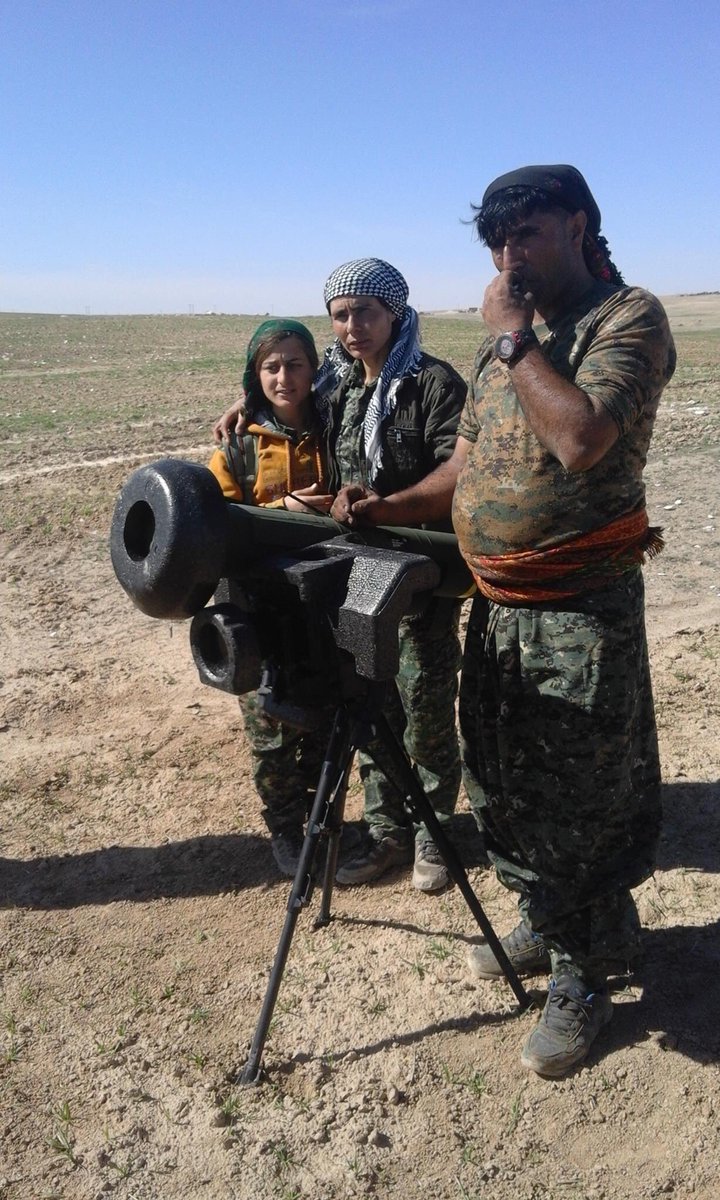
 saw footage of Kurdish fighters destroying an ISIS VBIED. Likely weapon used is shown above.
saw footage of Kurdish fighters destroying an ISIS VBIED. Likely weapon used is shown above.
https://twitter.com/DrPartizan_/stat...44956325085184
Javelin with YPG/J fighters at Shaddadi

 saw footage of Kurdish fighters destroying an ISIS VBIED. Likely weapon used is shown above.
saw footage of Kurdish fighters destroying an ISIS VBIED. Likely weapon used is shown above. https://twitter.com/DrPartizan_/stat...44956325085184

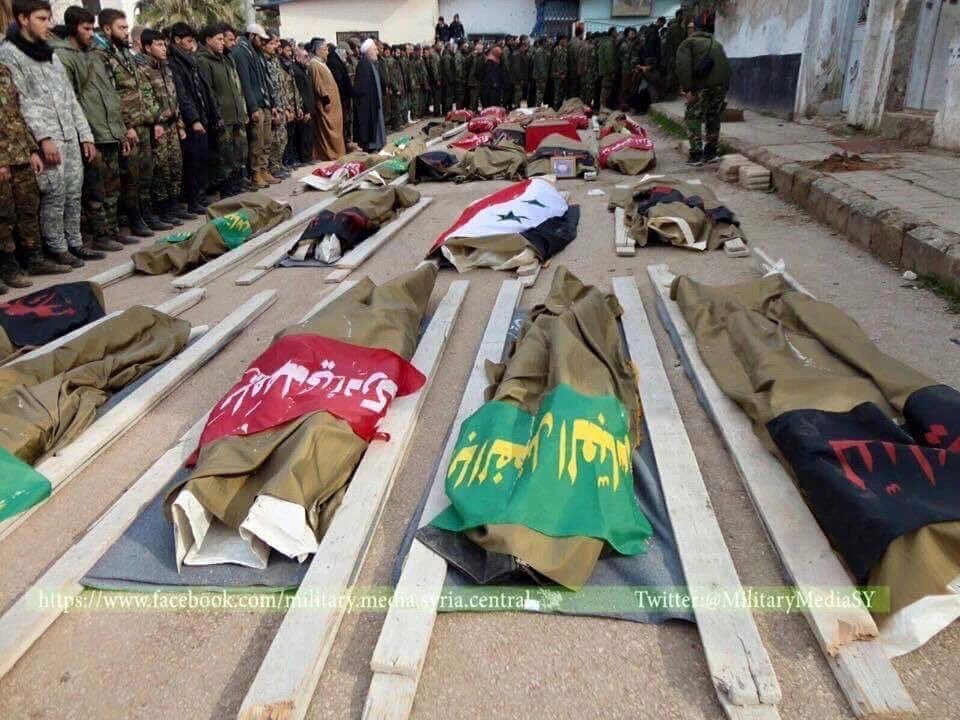
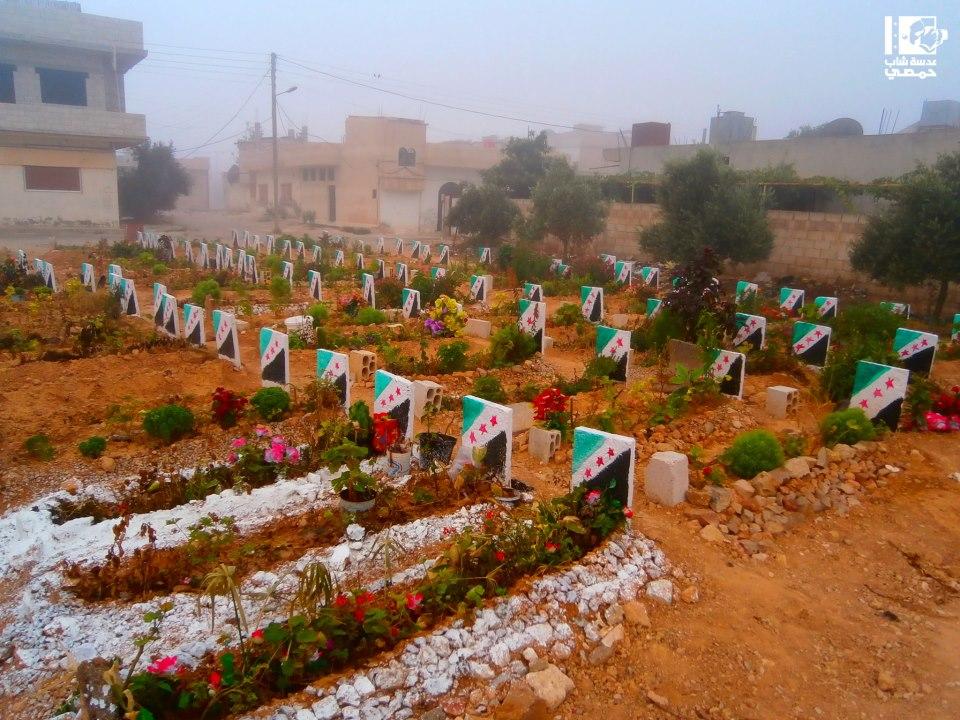




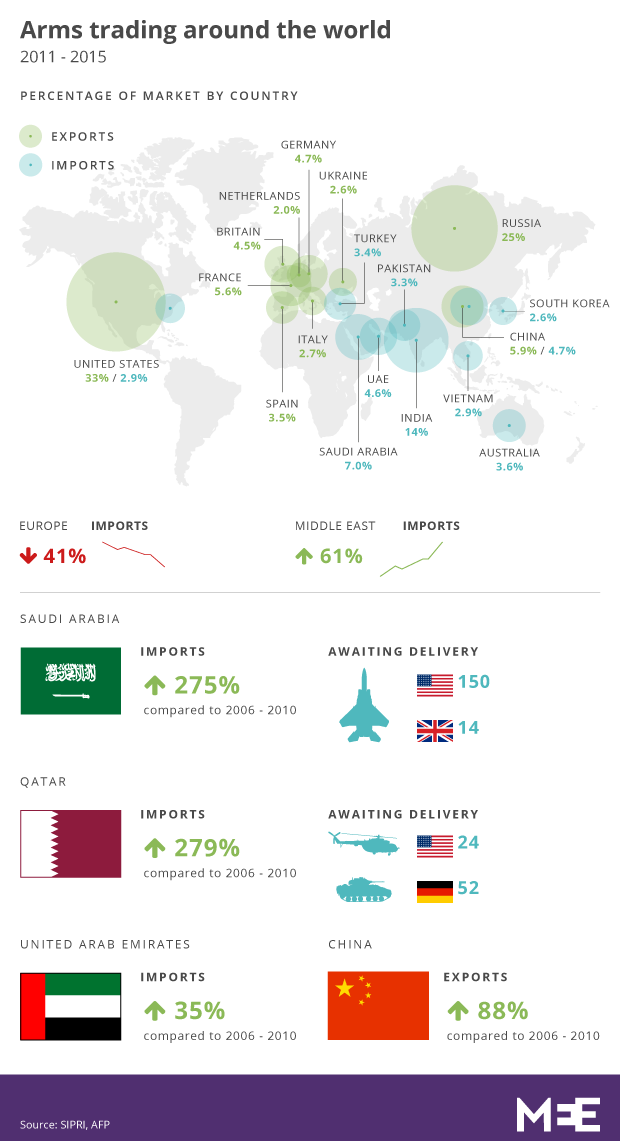

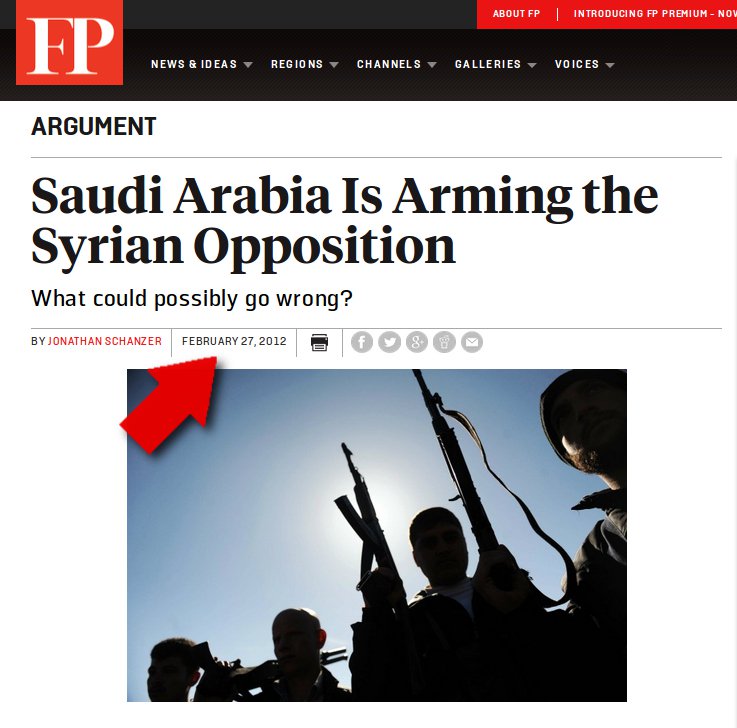
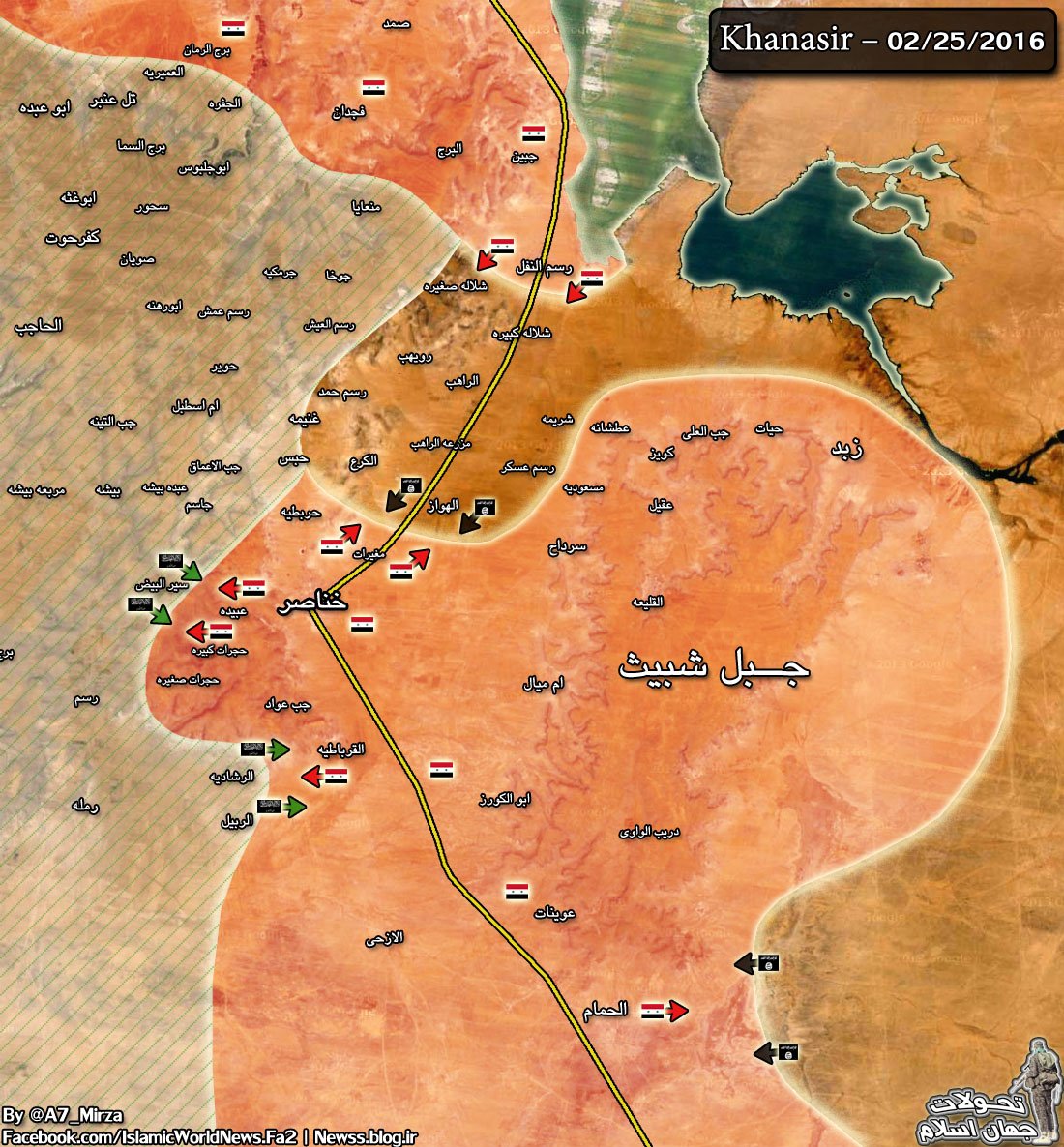


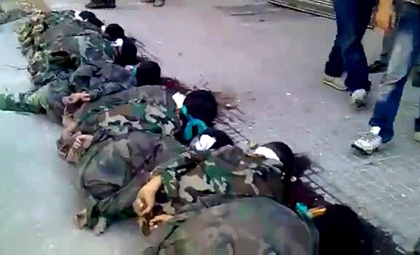




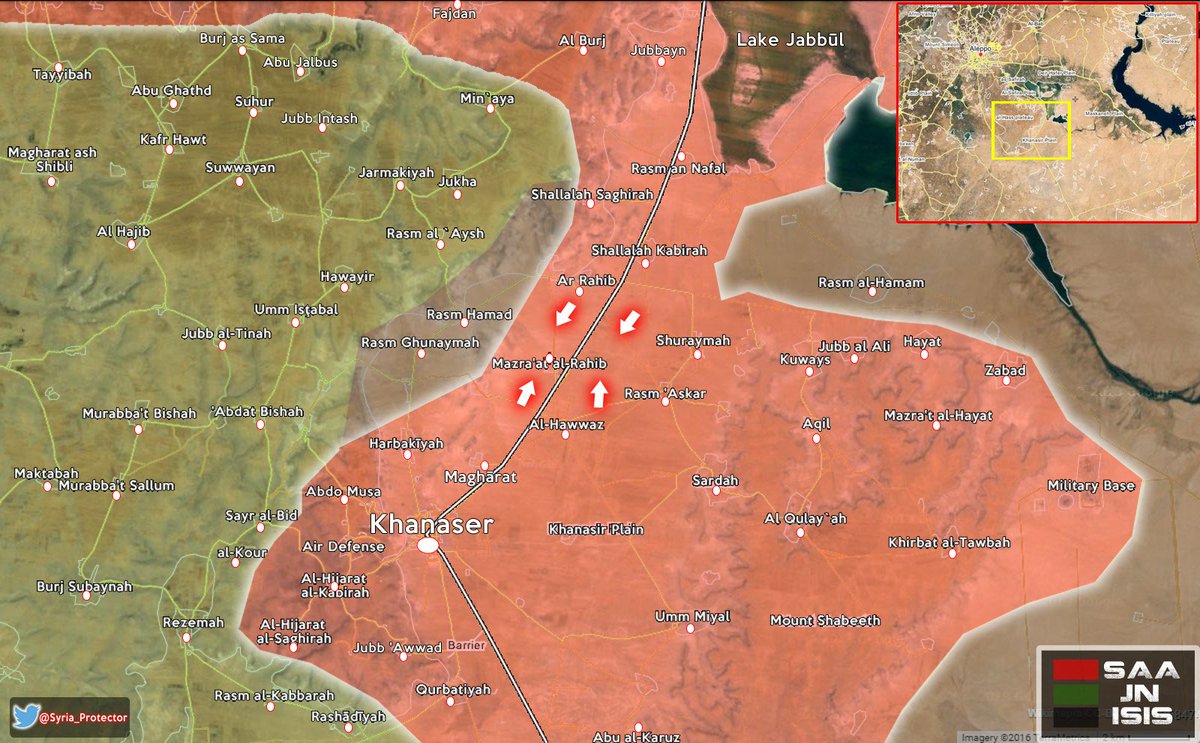



Comment